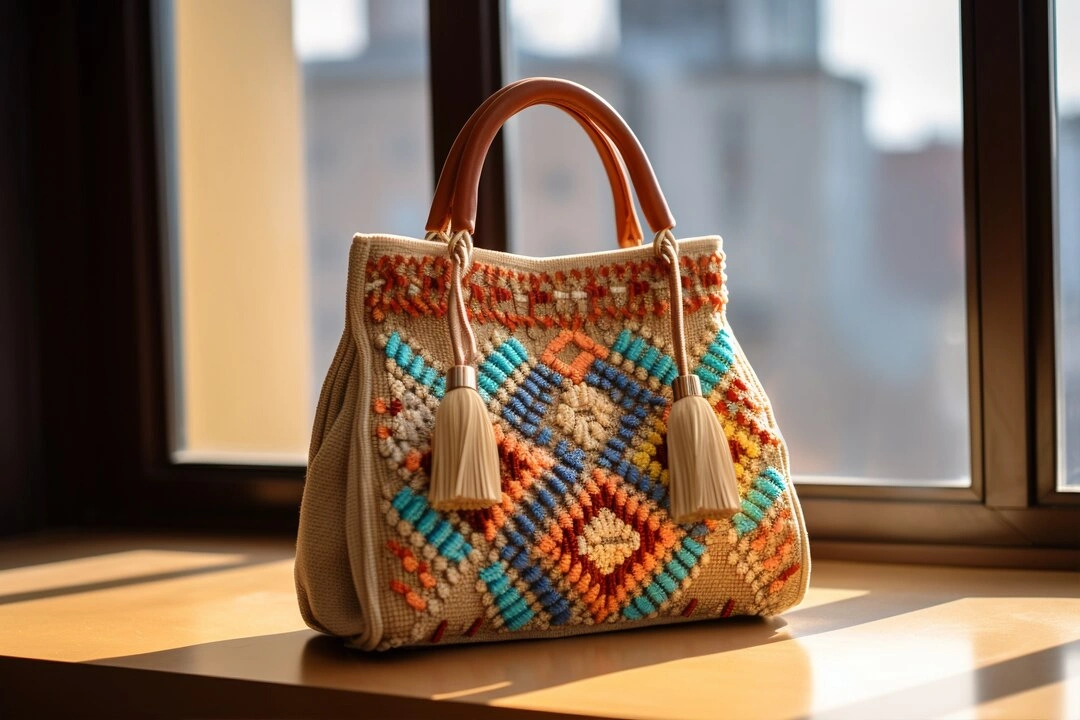Hermès
Birkin
Antitrust
LuxuryFashion

Hermès
Birkin
Antitrust
LuxuryFashion
The luxury fashion house Hermès is aggressively pursuing the dismissal of a high-profile antitrust lawsuit centered around its iconic Birkin handbag. The lawsuit, filed in March by three plaintiffs – Tina Cavalleri, Mark Glinoga, and Mengyao Yang – alleges that Hermès engages in anti-competitive practices, forcing customers to purchase additional items to "qualify" for the coveted Birkin. In a motion filed on October 25th, Hermès argues the plaintiffs’ claims are fundamentally flawed and lack the legal basis to proceed.
The Plaintiffs' Case: A Tying Arrangement?
The core of the plaintiffs' argument rests on the assertion that Hermès operates an illegal "tying arrangement." This means they claim Hermès forces customers to buy other luxury goods – scarves, jewelry, home decor, etc. – as a condition for purchasing a Birkin or Kelly handbag. The lawsuit further alleges that Hermès deliberately misleads customers about the availability of these bags, violating both federal antitrust laws and California state statutes. The plaintiffs contend that this practice artificially inflates the Birkin's true price, as buyers are essentially paying for unwanted items in addition to the handbag itself.
This isn't the first time Hermès has faced this lawsuit. Earlier versions of the complaint were dismissed due to insufficient evidence of antitrust injury and market power. However, the plaintiffs responded with a revised complaint, sharpening their claims and adding accusations of false advertising, fraud, and negligent misrepresentation. They argue that Hermès' actions harm competition and deceive consumers.
Defining the Market: A Battle of Definitions
A central point of contention in the legal battle revolves around the definition of the relevant market – a crucial aspect of any antitrust case. Initially, the plaintiffs defined the market as solely "Birkin handbags," implying Hermès held a monopoly. Hermès challenged this narrow definition, arguing that it artificially inflated their perceived market power.
The plaintiffs then broadened their definition to include competitors such as Gucci and Louis Vuitton. However, in their most recent amended complaint, they narrowed the market again to "elitist luxury handbags," excluding brands like Louis Vuitton and Gucci that Hermès considers direct competitors. Hermès vehemently opposes this definition, arguing it unfairly limits the competitive landscape and exaggerates their influence.
Furthermore, the plaintiffs attempt to group diverse luxury items – including hats, furniture, and other accessories – into a single "luxury ready-to-wear apparel and accessories" market. Hermès counters that these products are not economically interchangeable, and grouping them together artificially inflates the perceived market share and misrepresents the competitive dynamics.
Antitrust Injury: Personal Grievances or Competitive Harm?
Hermès contends the plaintiffs have failed to demonstrate a genuine "antitrust injury." They argue that the plaintiffs’ frustrations about Birkin availability are personal grievances, not evidence of broader harm to competition, which is a necessary element in an antitrust case. Hermès points out that the plaintiffs are not compelled to buy additional items; they could purchase Birkins from the secondary market if they so choose. Therefore, Hermès argues, the lawsuit is less about competitive harm and more about individual dissatisfaction with the brand’s sales practices.
The company also highlights that the plaintiffs’ desire to acquire Birkins might be linked to resale value, a factor that isn't relevant to antitrust concerns. Hermès emphasizes that the high price and limited availability of the Birkin are not, in themselves, evidence of anti-competitive behavior. Limited supply, they argue, is a common practice in the luxury goods market and doesn't automatically equate to coercion or illegal conduct.
False Advertising and Fraud: Misleading Claims?
The plaintiffs also allege false advertising, fraud, and negligent misrepresentation, claiming Hermès misled consumers about Birkin availability. They point to language on Hermès' website, interpreting it as suggesting ready access to the bags. Hermès refutes this interpretation, stating the website language referred to product features, not general availability. They contend the plaintiffs are misrepresenting the context of the website information to create a false impression of readily available Birkins.
Furthermore, the plaintiffs claim that Hermès sales associates encouraged purchases of additional items to increase the chances of obtaining a Birkin. However, Hermès argues that the complaint lacks specific documented instances to support this claim. They also point out that two of the plaintiffs did eventually acquire Birkins, indicating that the alleged misrepresentations didn't prevent them from obtaining the bags.
State Law Claims: Duplication and Lack of Evidence
Beyond federal claims, the plaintiffs include violations under California's Cartwright Act and Unfair Competition Law. Hermès argues these state claims are essentially duplicates of the federal claims and fail for the same reasons: lack of evidence demonstrating market dominance or harm to competition. Hermès maintains that state law shouldn't be used to pursue issues already covered by federal antitrust law, as this could unfairly stifle legitimate business practices.
Hermès' Final Plea: Dismissal with Prejudice
In its motion to dismiss, Hermès urges the court to dismiss the case with prejudice, meaning the plaintiffs would be barred from filing an amended complaint. Hermès argues that despite multiple revisions, the plaintiffs' case continues to lack the necessary legal foundation to proceed. The company's final plea is to end what it sees as a misguided legal action and bring a definitive end to the contentious legal battle. The outcome of this motion will significantly impact not only Hermès but also set a precedent for future antitrust cases involving luxury goods and limited-availability products. The court’s decision is eagerly awaited by industry observers and legal experts alike.
SHARE



news
30th October 2024


news
30th October 2024

news
30th October 2024

news
30th October 2024


news
30th October 2024

news
30th October 2024

news
30th October 2024